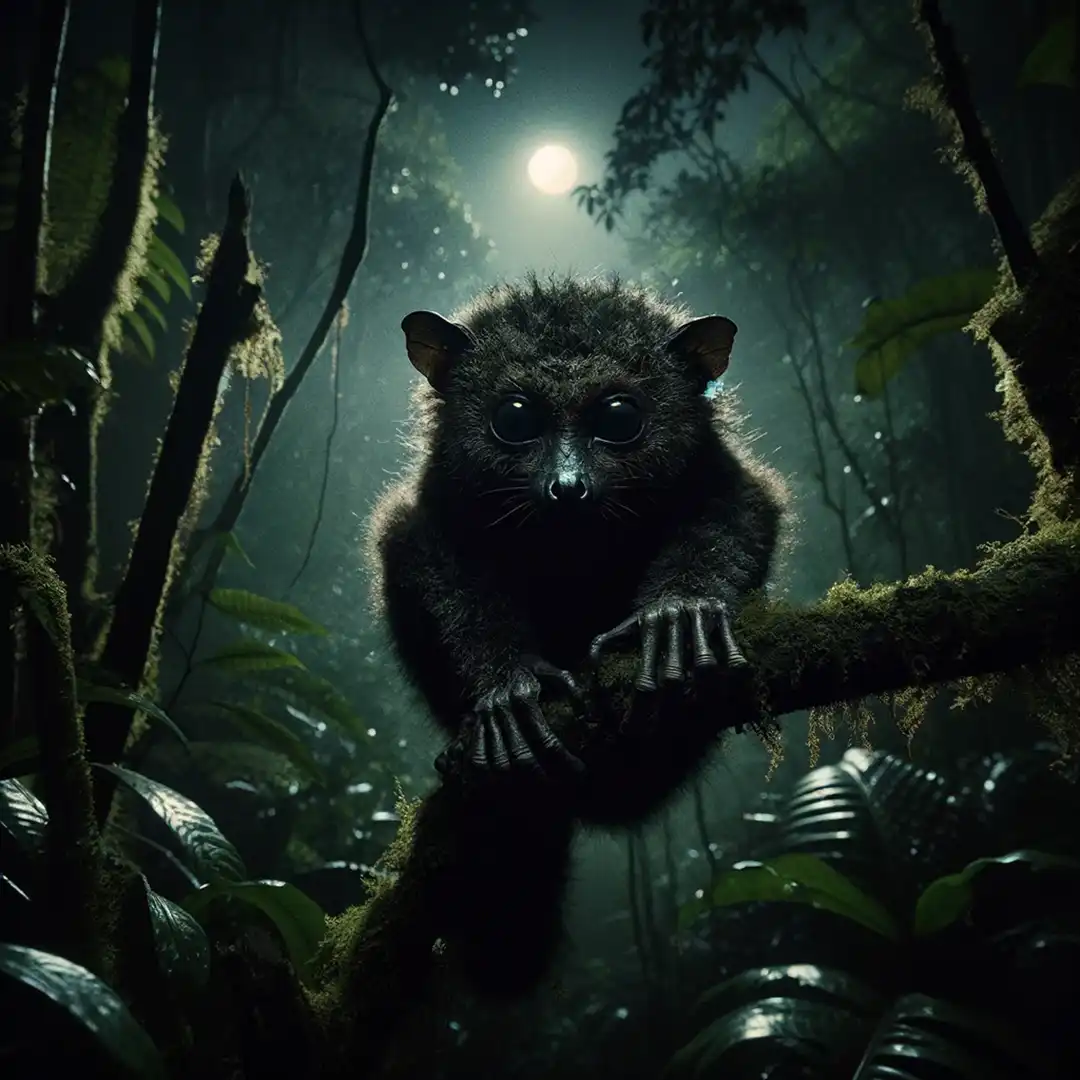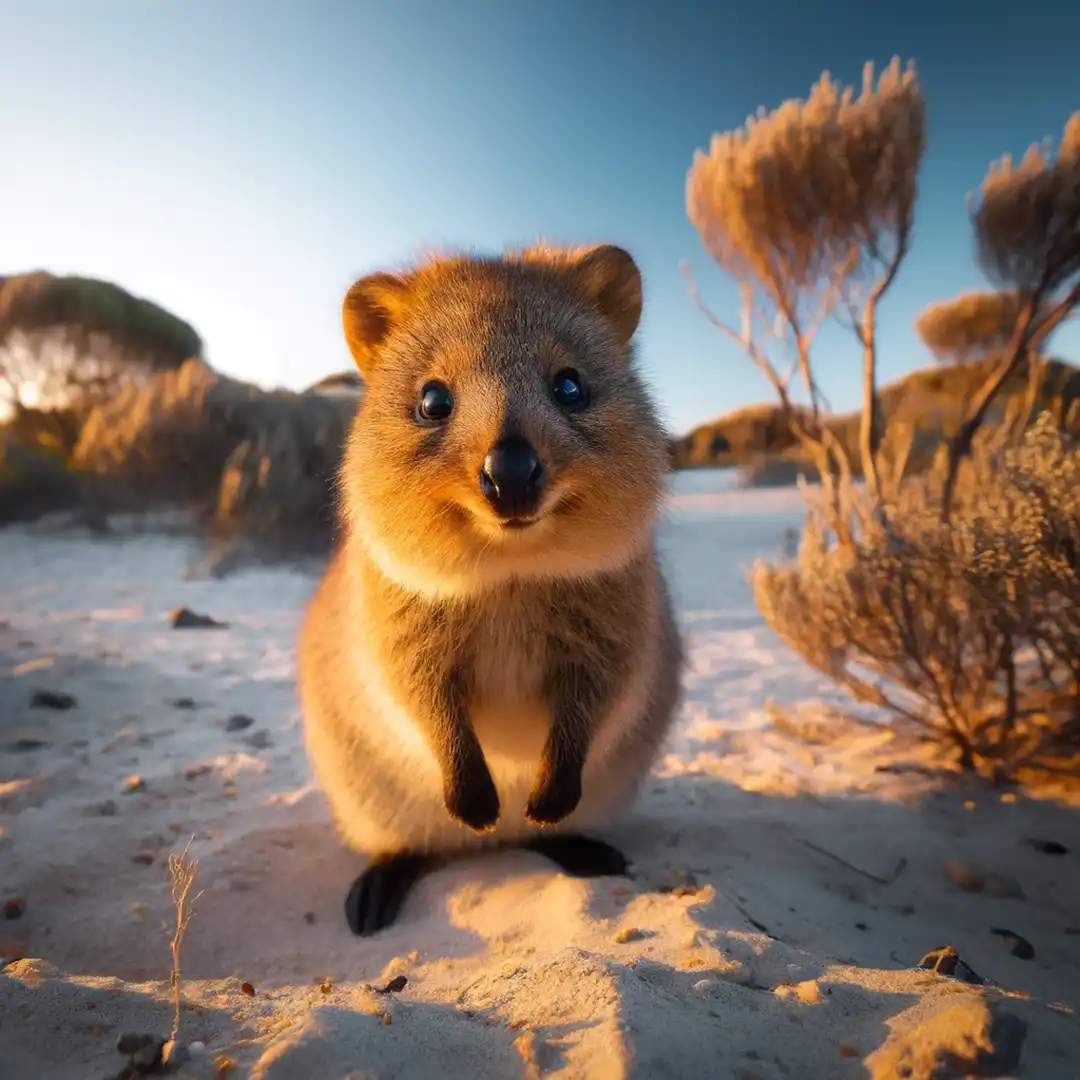AI is transforming the marketing world, bringing both exciting opportunities and daunting challenges. While some fear obsolescence, others see AI as a catalyst for growth and innovation. What about you?
The AI Revolution: Disruption and Opportunity
According to industry experts, AI will soon be capable of performing up to 95% of tasks traditionally handled by marketing agencies. This prediction, shared by Sam Altman, CEO of OpenAI, raises concerns about the potential extinction of many agencies, but it also highlights a path to unprecedented growth for those who adapt effectively.
Altman notes, “AI’s potential to automate tasks is immense. Those who embrace it will discover new ways to drive value and innovation.”
Navigating the Current Landscape
The global market for full-service marketing agencies was valued at approximately $287 billion in 2022, with an anticipated compound annual growth rate (CAGR) of over 9% in the coming decade. However, the road ahead is fraught with challenges.
Many agencies, particularly those in business for 2-10 years, are grappling with issues such as scaling operations while maintaining quality, retaining agility, and differentiating themselves in a saturated market.
Client satisfaction is another area needing improvement. Recent surveys reveal that only a small fraction (14%) of clients are “very satisfied” with their agency partners.
Agencies could improve by leveraging AI to provide personalized services and insights that align closely with their clients’ evolving needs and goals. For instance, employing AI tools to analyze customer behavior can help agencies offer more targeted campaigns and better client engagement.
Potential Futures: From Extinction to Success
The Extinction Threat
The most alarming scenario envisions a market where AI handles nearly all the work currently done by agencies. In this world, the complacent agencies that fail to embrace AI could face extinction. This would require AI not only to mature rapidly but also for clients to become proficient in leveraging AI more effectively than their agency partners.
Life Gets Tough
A more moderate scenario suggests that AI will pressure pricing and profitability, challenging agencies to prove their value in new ways. For example, AI’s ability to handle complex queries could diminish the value of traditional SEO strategies, while AI-generated content might challenge agencies to innovate continuously.
The AI Success
Conversely, the “AI Success” scenario posits that agencies that effectively integrate AI into their operations will thrive. These agencies will capitalize on AI’s strengths while focusing on high-value services that require human creativity and strategic insight. Clients may prefer to outsource AI’s complexities to trusted agencies, leading to growth and profitability.
Strategies for Thriving in an AI-Driven Market
Innovate for the Right Reasons
Agencies must ensure their innovation efforts are aligned with client goals, emphasizing business outcomes over mere novelty. By tying AI initiatives to key performance indicators (KPIs), agencies can demonstrate tangible value to their clients.
Focus on Soft Factors
Beyond technology, agencies should address process changes, governance, and ethical considerations. Transparent data practices, bias mitigation strategies, and clear accountability can build trust and ensure successful AI integration.
Be the Steady, Guiding Hand
Agencies that have successfully navigated past technological shifts, such as the digital revolution, are well-positioned to guide clients through the AI transformation. By becoming reliable advisors, these agencies can foster long-term client relationships built on trust and mutual success.
For Future Success
While AI presents significant challenges, it also offers substantial opportunities. Agencies that balance AI’s efficiencies with human creativity, innovate strategically, and uphold ethical standards will not only survive but thrive in the AI-driven landscape.
The potential for growth and profitability in this new era is immense, provided agencies stay ahead of the curve and continually adapt to the evolving market dynamics.
References
- Batra, R., & Kumra, R. (2022). The role of artificial intelligence in modern marketing.
- Fisher, T. (2023). Creativity in the age of AI: How marketers can stay relevant.
- Smith, J. (2023). Integrating AI and human creativity in marketing.
- Johnson, S. (2023). Adapting to AI: A guide for marketing agencies.
- Gartner. (2022). AI and marketing: Trends and predictions for the next decade.
Inspired by
AI is a threat to some marketing agencies, an opportunity for others, MarTech, Jim Ewel












